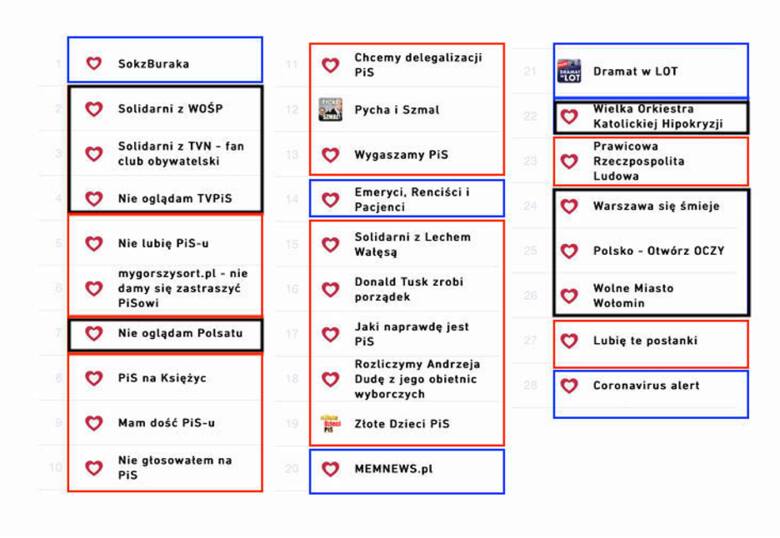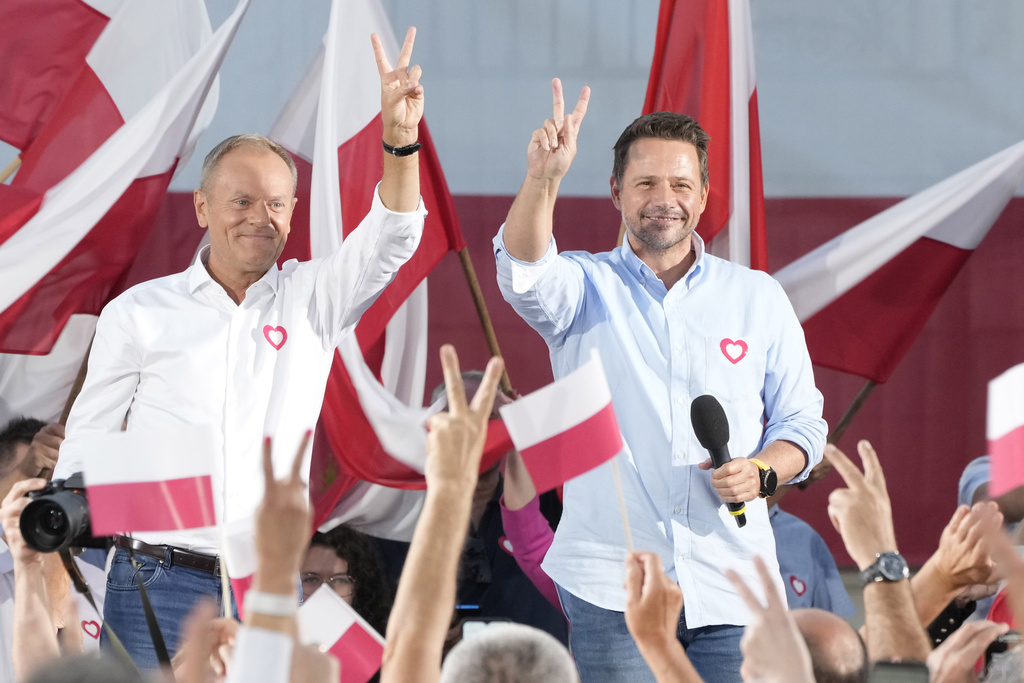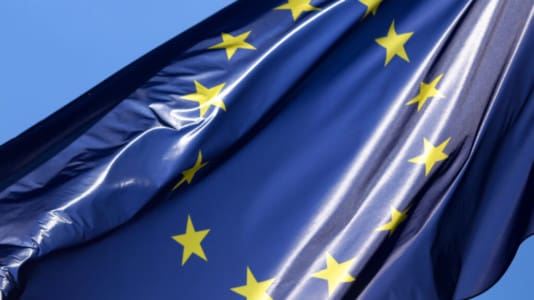A report on the Polish elections has identified a network of 29 Facebook pages acting in support of the opposition political party Civic Platform (PO) and seemingly engaged in what Meta refers to as “inauthentic sharing” of content.
The report, titled “Non-transparent network of pro-opposition Polish Facebook pages coordinates its attacks,” was produced as part of the international election-monitoring project of the Polish Election Watch network, as implemented by Alliance4Europe, OKO.press, and the Atlantic Council’s DFRLab.
The suspicious activity came ahead of Poland’s parliamentary election on Oct. 15 and amid accusations that the ruling Law and Justice (PiS) party was eroding democratic institutions within the country.
The pages identified as a part of this investigation, at minimum, appeared to be deliberate in their support for PO and antagonism towards PiS. The report highlights that, with regard to the pages comprising this investigation, the transparency as to where they were coming from was seemingly intentionally obscured at times.
The pages reportedly all pushed the same political content and tended to fall into one of three categories based on their names.
The pages in the first category clearly conveyed their political affinity and often anti-PiS and anti-state-controlled media sentiments in their names and descriptions. The pages in the second category had names that were not obviously political but that could be interpreted as political when considered alongside the content. The third category featured pages with apolitical names, despite the fact that they mostly posted the same political content as the pages in the first two groups.

The third category presented the least transparent case, as the unrelated names obscured political motivations. Regardless of their names, all these pages crossposted identical political content, hinting that they are most likely managed by the same person or people.
The report notes that, given that the political and media landscapes in Poland remain highly polarized, political actors may be tempted to use deceptive tactics and techniques on social media in order to manipulate public opinion in an attempt to improve their electoral chances, pre-election or post-election, to generate instability or distrust of the outcome.
Just before the election in mid-October, but well after the DFRLab’s initial research, the vast majority of pages in this network changed their profile photos to that of the PO heart-shaped logo, which is directly tied to the PO 2023 election campaign.






